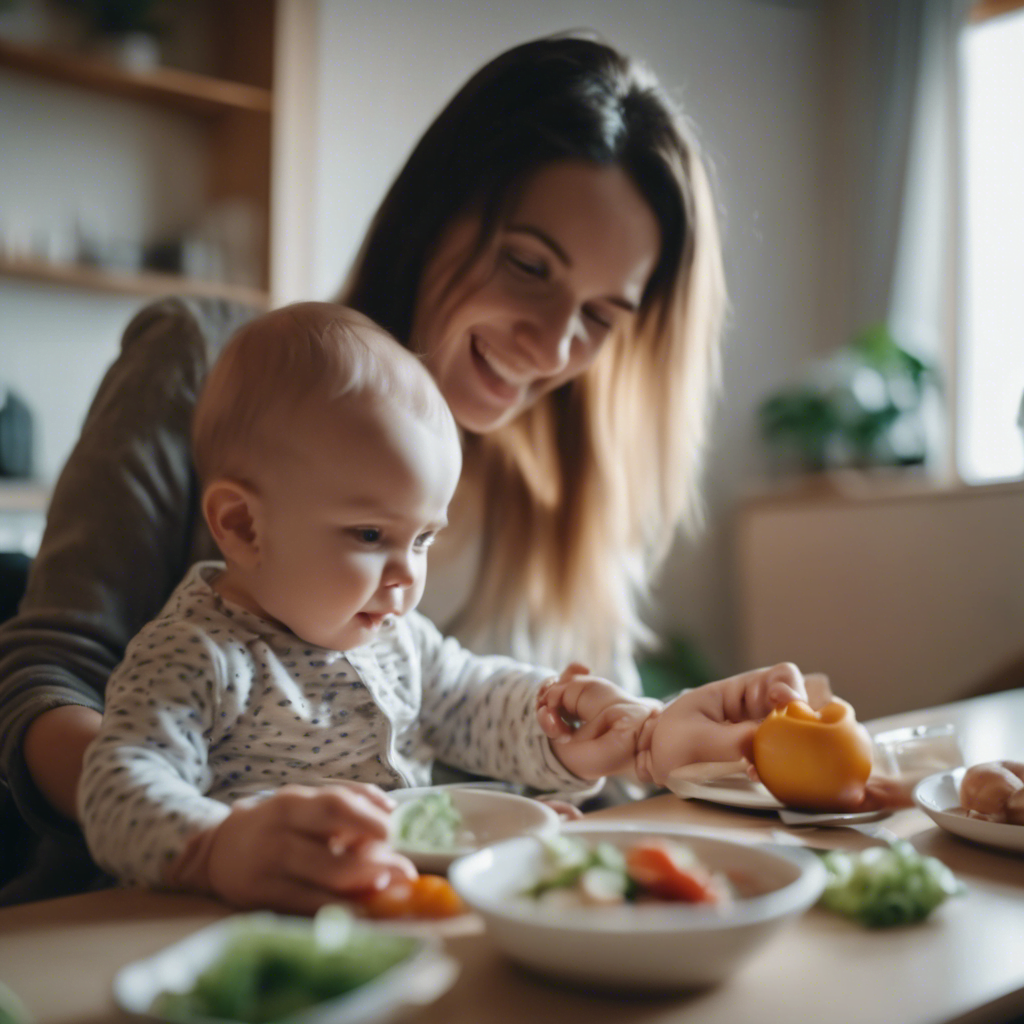Harmonious Home: Mastering Conflict Resolution Within the Family 🌺
Disagreements are a natural part of family life, but resolving them constructively is the cornerstone of a harmonious home. In this article, we explore the art of conflict resolution and how, as parents, we can guide our families towards more peaceful and understanding relationships.
The Importance of Conflict Resolution Skills 👨👩👧👦
Why It Matters
Conflict resolution is more than just a way to end arguments; it’s a skill set that, once honed, can lead to deeper empathy, enhanced problem-solving abilities, and better emotional regulation within the family unit.
The Long-Term Benefits
- Empathy: Understanding each other’s viewpoints is crucial.
- Problem-solving: Conflicts become opportunities to learn and grow.
- Emotional regulation: Managing emotions effectively is key to resolution.
Developing Effective Conflict Resolution Skills 🌿
Communication Is Key
Open, honest communication is vital. Encourage family members to express their feelings without fear of judgment.
Active Listening
Truly listen to what your family members are saying. This doesn’t just mean hearing their words, but also understanding their emotions and perspectives.
Collaborative Problem-Solving
Work together to find a solution that everyone can agree on. It’s important to demonstrate that everyone’s input is valued.
Putting Skills Into Practice 🔍
Role-Playing Scenarios
Use role-playing games to practice conflict resolution in a safe, controlled environment.
Family Meetings
Hold regular family meetings to discuss and resolve issues. This sets a precedent for open dialogue and collective problem-solving.
Mediation Techniques
Sometimes, a neutral party can help facilitate discussions and guide family members towards a resolution.
Cultivating a Peaceful Family Environment 🕊️

Conflict resolution skills are an integral part of maintaining a healthy, happy family. By prioritizing these skills, we set our children up for success in their personal relationships and help maintain a peaceful home environment.
Remember, it’s not about avoiding conflict, but about handling it in a way that strengthens family bonds. So, next time a disagreement arises, see it as an opportunity to practice these valuable skills.

